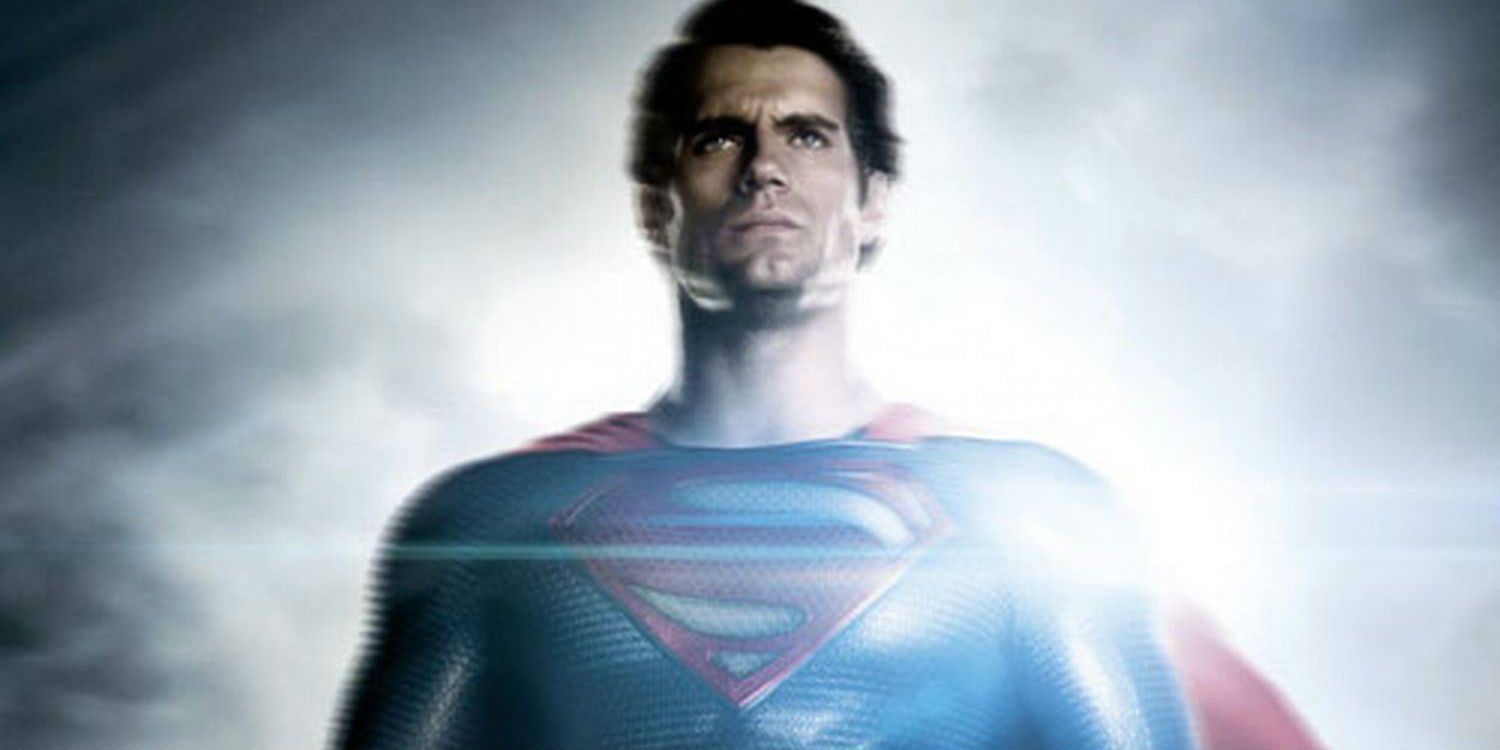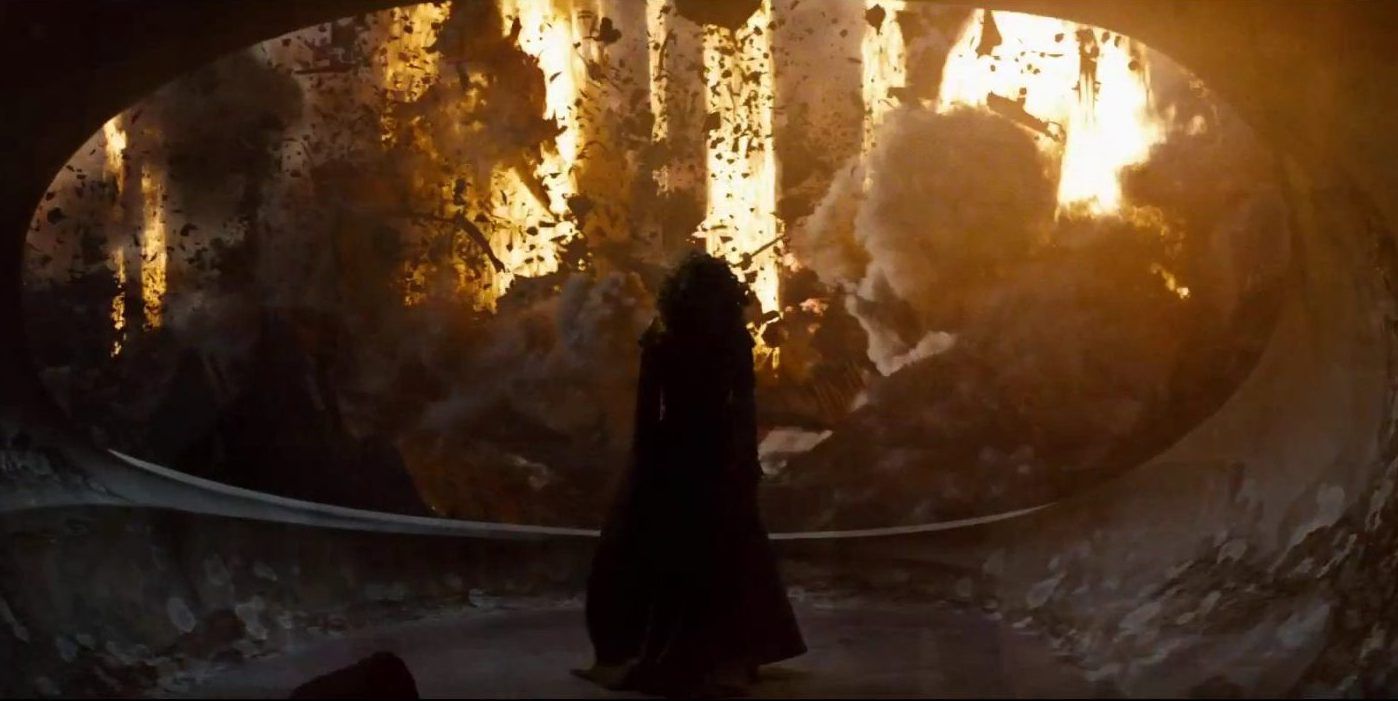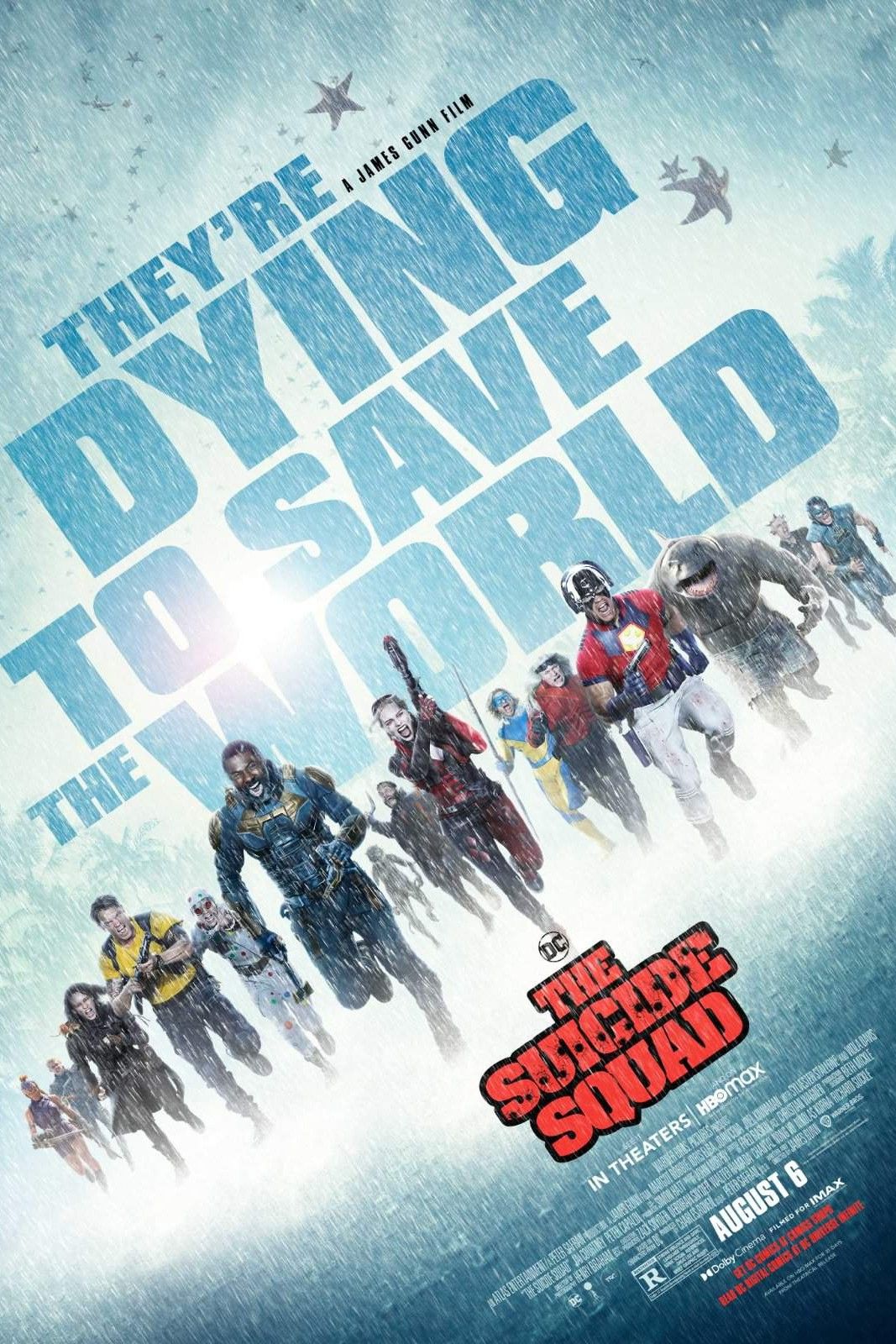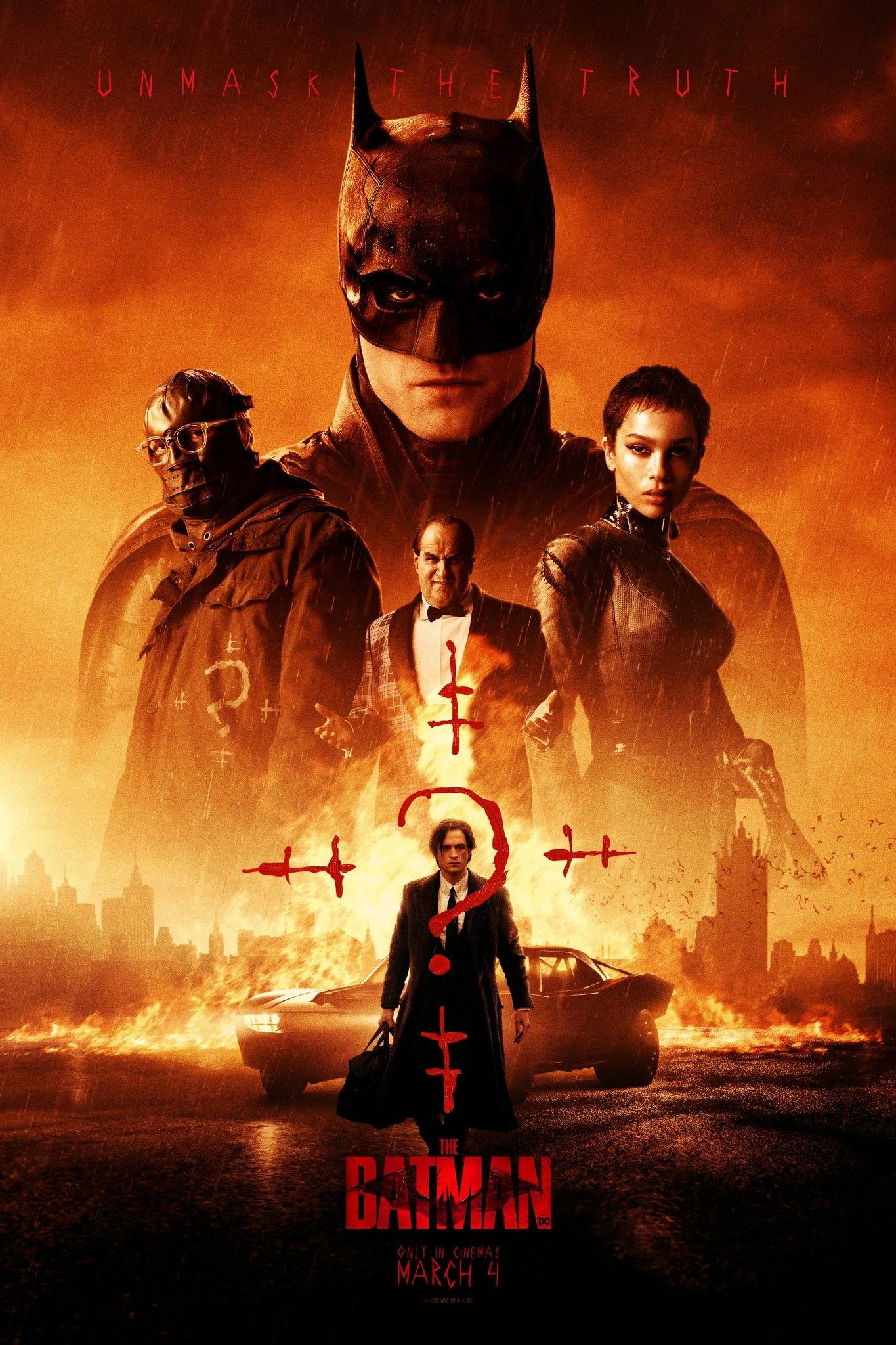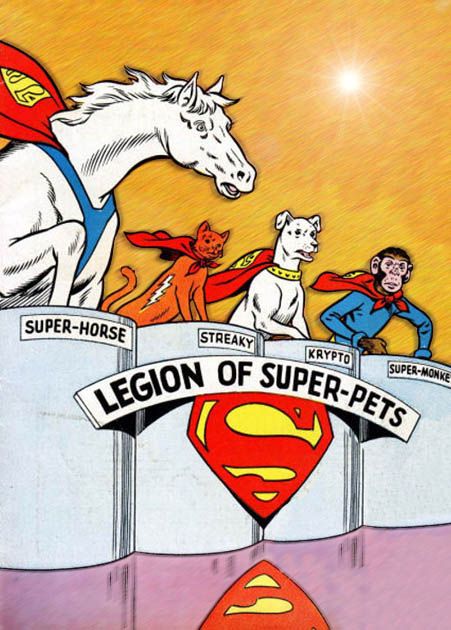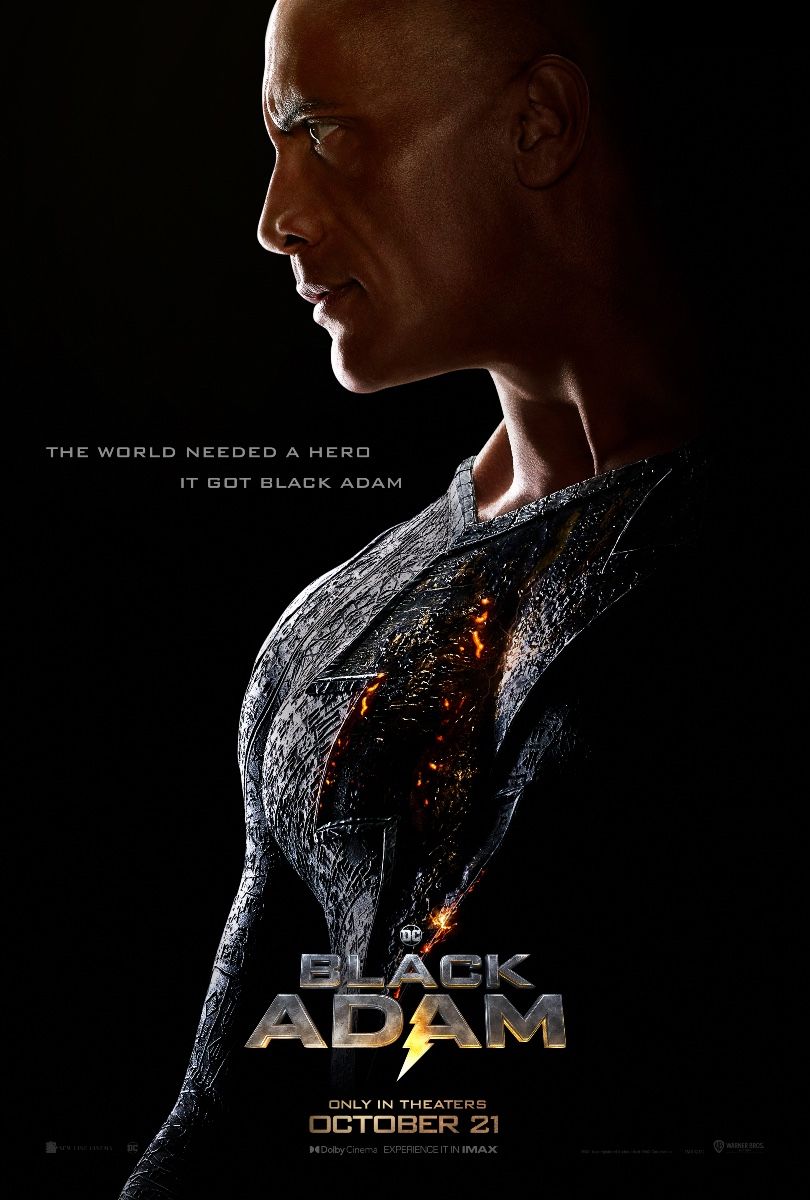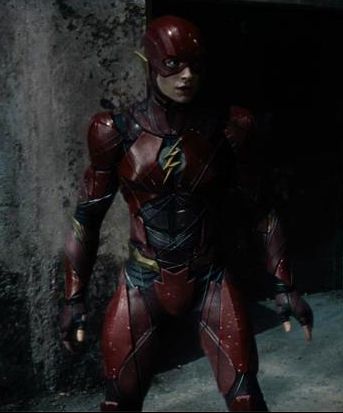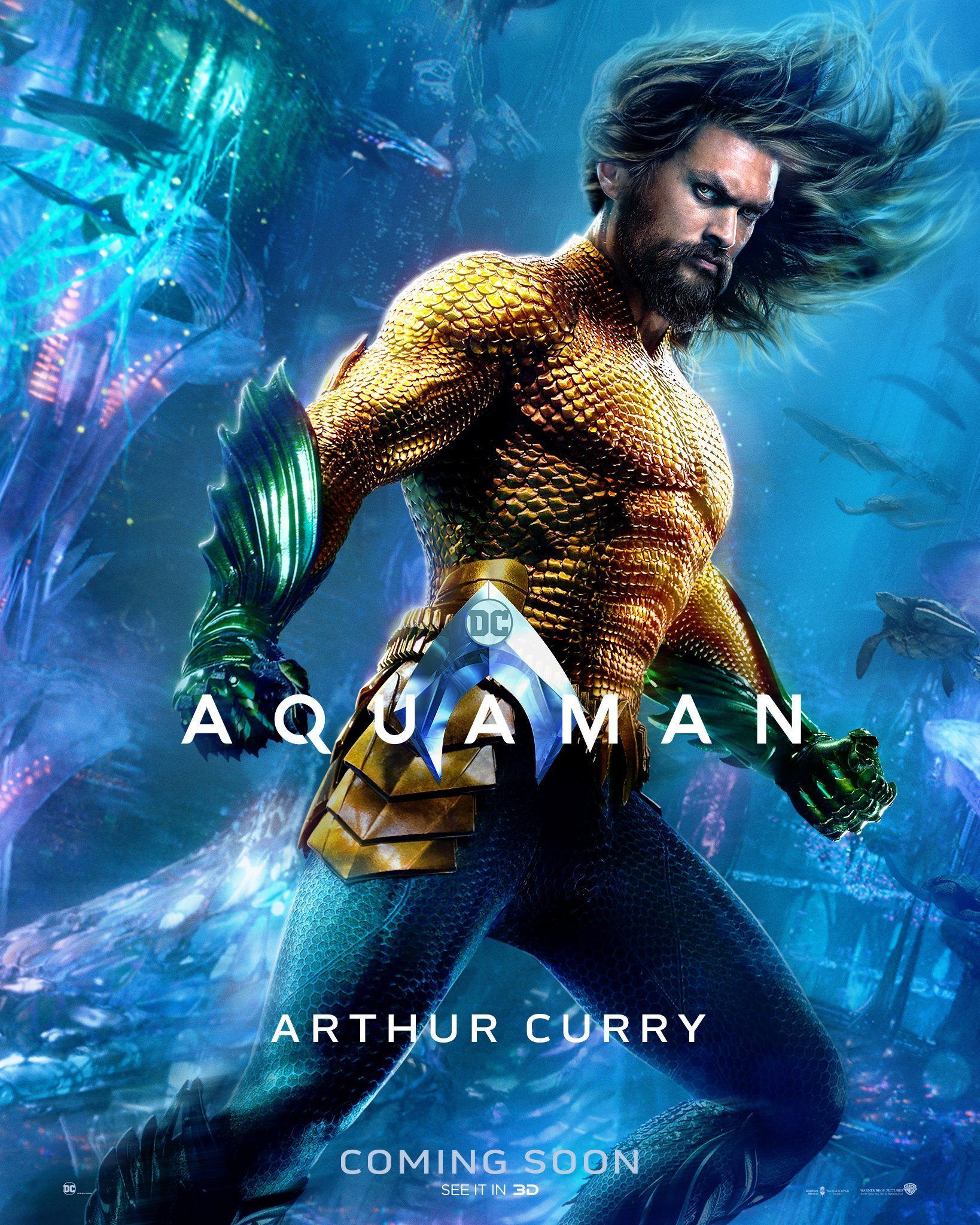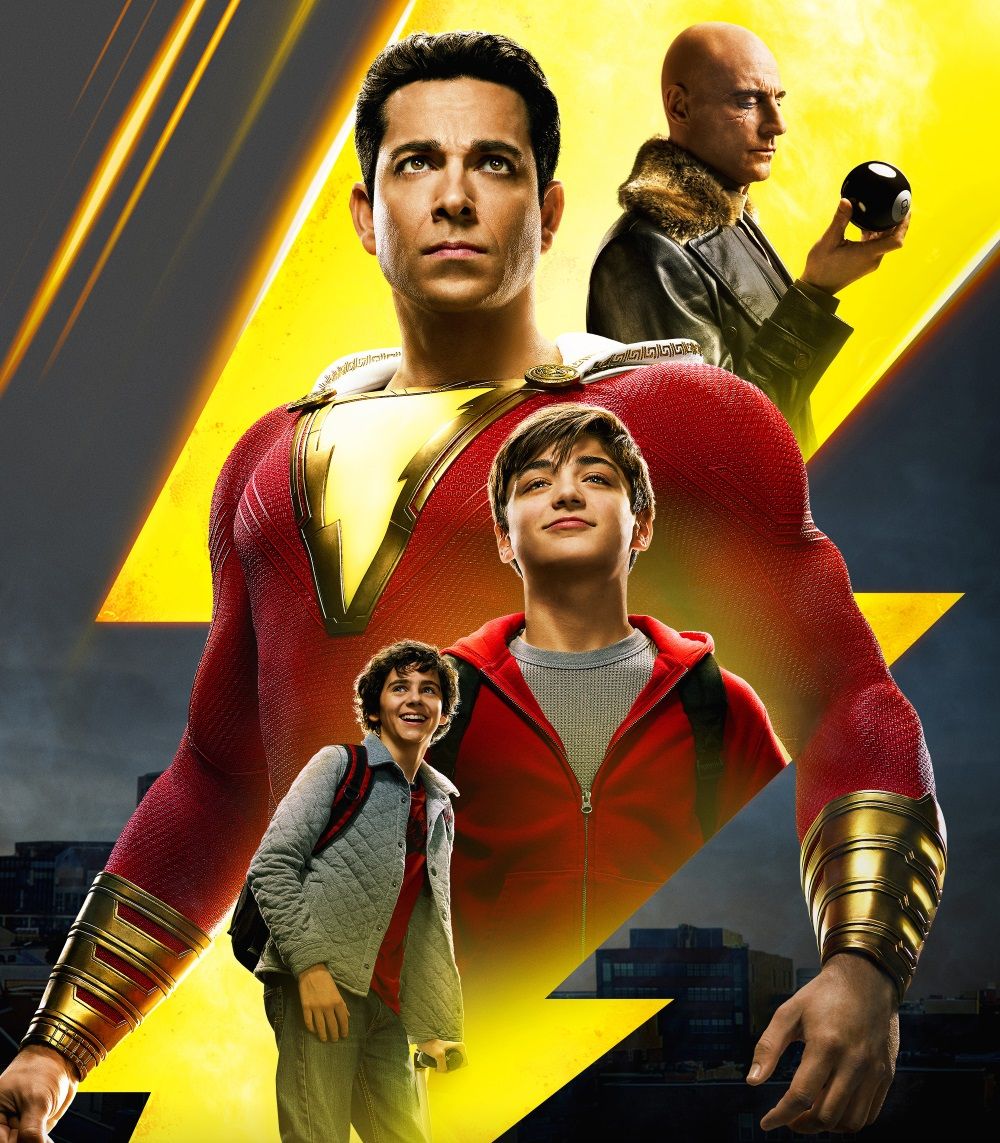According to Man of Steel writer David S. Goyer, one of the worst script notes he’s ever received was from Warner Bros. executives while making the DC Extended Universe’s premiere film. As perhaps one of Hollywood’s leading comic book aficionados, Goyer has received story credit on everything from Blade and Christopher Nolan’s Dark Knight trilogy to Man of Steel and Batman v Superman: Dawn of Justice. He and director Zack Snyder’s work on Man of Steel launched the DCEU before the fallout of “Josstice League.”
Man of Steel’s story was original conceived by Goyer and Nolan while working on The Dark Knight Rises. After pitching the idea of a contemporary Superman, Nolan handpicked Snyder to direct, signed on as a producer, and Goyer as its writer. In response to the success of The Dark Knight trilogy, Man of Steel adheres to it source material and attempts to ground it in reality; following Kal-El turned Clark Kent (Henry Cavill) as an extraterrestrial refugee finding his place among humanity. When General Zod and his other Kryptonians invade Earth, Superman is forced into revealing himself. That said, the brush strokes of Superman’s origin story—which even most casual moviegoers are familiar with—remains intact.
In a candid interview with THR, Goyer discussed his his lengthy career and having to deal with plenty of script notes from executives. In addition to a note he received to put less magic in a Doctor Strange film he wrote almost two decades ago, Goyer was asked the worst note he ever received. Turns out that ridiculous note was from WB executives concerning Man of Steel's ending. Read what Goyer had to say below:
“One note I got was on Man of Steel, where the ending involves Superman utilizing the pod that he arrived in as a child in order to bring down General Zod’s ship. The note we got from the studio said, ‘You have to change that.’ We asked why. They said, ‘Because if Superman uses that pod and it’s destroyed while saving the city, how is he ever going to get back home to Krypton?’ There was just this long pause and we said, ‘Krypton blew up. You saw 30 minutes of it!’”
Sometimes filmmakers will talk about studios being a pleasure to work with. Other times, stories like Goyer’s support a stereotypical, jaded view of the entertainment industry. Because Superman’s entire origin story revolves around the fact that he’s sent to Earth after his planet being destroyed—something that’s stressed numerous times throughout Man of Steel including everything involving Russell Crowe’s Jor-El and General Zod’s conflicting philosophies —this note for WB is pretty deplorable. It paints a picture of executives only being interested in CGI spectacles rather than plot or character and only exacerbates WB’s reputation in the wake of Snyder’s Justice League on HBO Max.
On a lighter note (literally), Goyer also talked about how the oddities of his writing were encouraged when adapting Isaac Asimov’s Foundation for Apple TV+—which reinforces the narrative that streaming services treat creatives better. It’s worth noting that Goyer’s Superman was divisive in 2013 but still went on to gross over $668 million at the worldwide box office. Still, WB’s revolving door of leadership ultimately fractured the DCEU in attempts to imitate the MCU. Despite the Snyder-Verse being abandoned, fans hope to one day see Cavill back in the red cap. However, Goyer, who’s currently working on Netflix’s adaptation of Neil Gaiman’s Sandman, is mostly out of the loop regarding a Man of Steel sequel.
Source: THR

